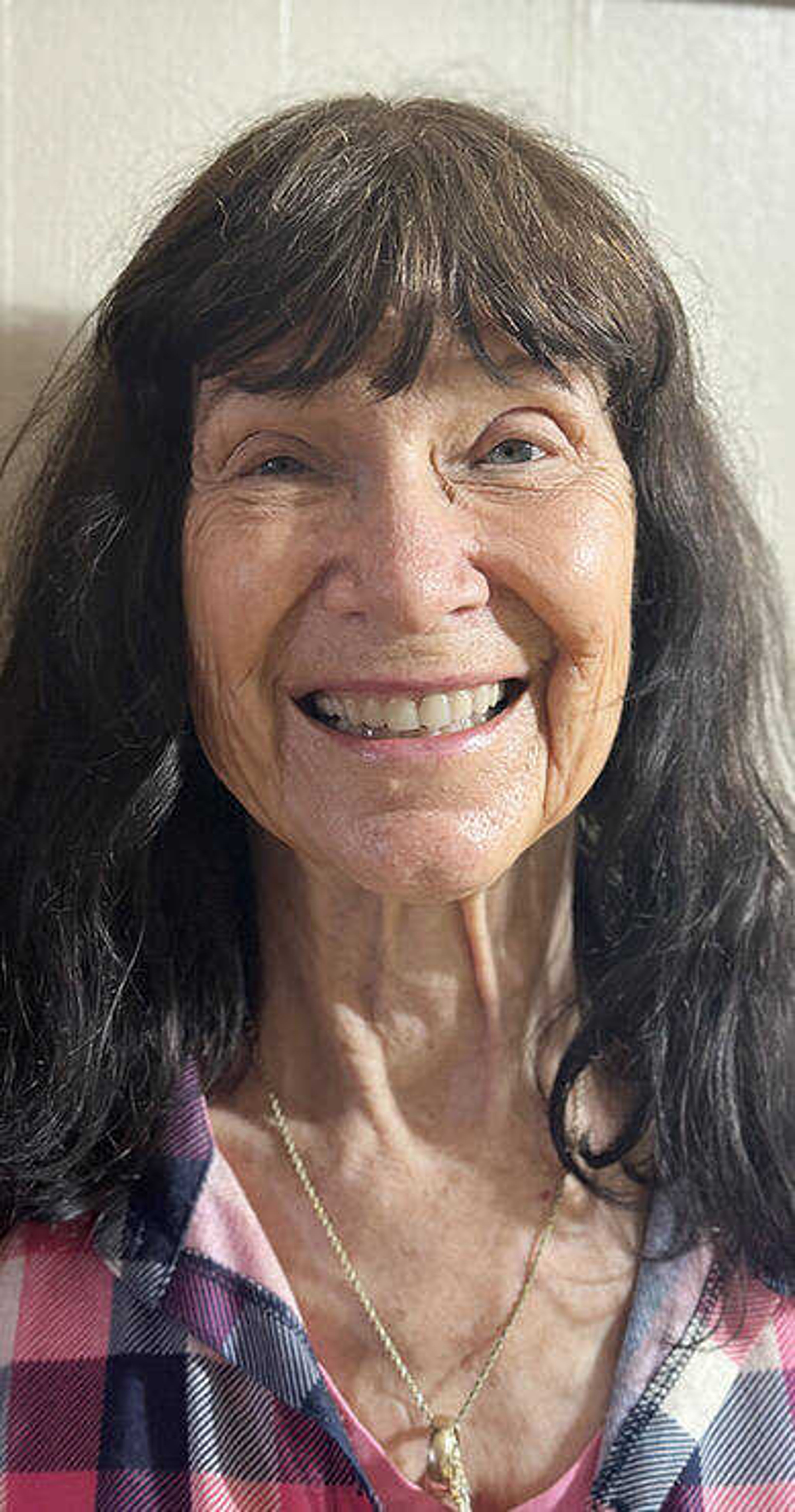When is it your responsibility?
"Well, it's really not your responsibility," said Jeanie's aunt. Jeanie was practically raising some of her grandchildren. However, Jeanie loved the kids and wanted them to, "turn out good," in her words. Jeanie felt it was her responsibility, even though Jack and Maddie were not her children...
"Well, it's really not your responsibility," said Jeanie's aunt. Jeanie was practically raising some of her grandchildren. However, Jeanie loved the kids and wanted them to, "turn out good," in her words. Jeanie felt it was her responsibility, even though Jack and Maddie were not her children.
Jack and Maddie's mom, Cam, loved the kids, in her own way. But her way was to do the fun things with them, on her terms -- if and when she wanted to spend time with them. Cam did work to pay part of their medical bills, Jeanie reasoned. That took a lot. Cam worked nights for awhile and then went to days. "She's, at least, working and trying," thought Jeanie.
The whole family, including Jeanie's other grown children, rebelled. They felt their parents were being taken advantage of, and there was a bit of jealousy on their part, too. "It is not your responsibility," numerous others told the grandparents.
There are lots of grandparents, nowadays, who take care of their grandchildren. Some have custody and others just accept the opportunity, or job to raise them. Jeanie considers it an opportunity although she has many other outside interests.
I am merely using Jeanie's story to question, exactly, when are circumstances your responsibility? When do you step forward to help someone who is outside your immediate family unit, or circle of friends?
A few years ago, a young woman was murdered on the street. Onlookers stood around and watched and turned their heads the other way.
"It wasn't any of our business," they said. They weren't going to become involved. We have all heard and even witnessed the situation when no one went that extra mile and endangered himself to save or help someone else. Often it cost the life of the victim.
The answer to my original question, "When is it your responsibility?" is answered many times in Scripture. One of the best is found in Luke 10:25--37, the good Samaritan episode. The traveler who picked up the beaten and robbed individual on the road did not even know the man. Nevertheless, he took time from his busy schedule and assisted someone who was not his responsibility.
Through his teaching and example, Jesus told people to "love their neighbor as themselves" (Mark 12:31), and said, "Do unto others as you would have them do unto you" (Luke 6:31).
After researching the principles that Jesus taught and modeled, it was easy to determine where one's responsibility begins and ends.
You help anyone who needs help if you can possibly can. Jeanie is an example of being Jesus to those for whom she cares. Jesus never asked if assisting others was his responsibility.
An important factor that enters in when you are helping someone is why you are doing it.
Are you assisting someone because it fills a need within yourself or do you actually care?
It's easy to become the martyr, the savior, and use the scenario to fill your life. You have to be careful what your motives are. It can be unhealthy for all parties if you have a hidden motive, whether it's your responsibility or not.
The needy person or persons, as is the case with Jeanie, could eventually sense your lack of genuine concern and love for them. Then you would be causing more harm than good.
Jeanie, however, has genuine love for her grandchildren and her daughter. She doesn't necessarily feel it's her responsibility; she does it from love. She feels her love is enough to allow her to help her offspring get on their feet and enjoy some of life's opportunities. Without her help they would be deprived.
So, when is it your responsibility? When there's a genuine need! Someone's connections have no bearing when someone's suffering. Step up to the plate and do you part when it's necessary.
Ellen Shuck holds degrees in psychology, religious education and spiritual direction.
Connect with the Southeast Missourian Newsroom:
For corrections to this story or other insights for the editor, click here. To submit a letter to the editor, click here. To learn about the Southeast Missourian’s AI Policy, click here.










